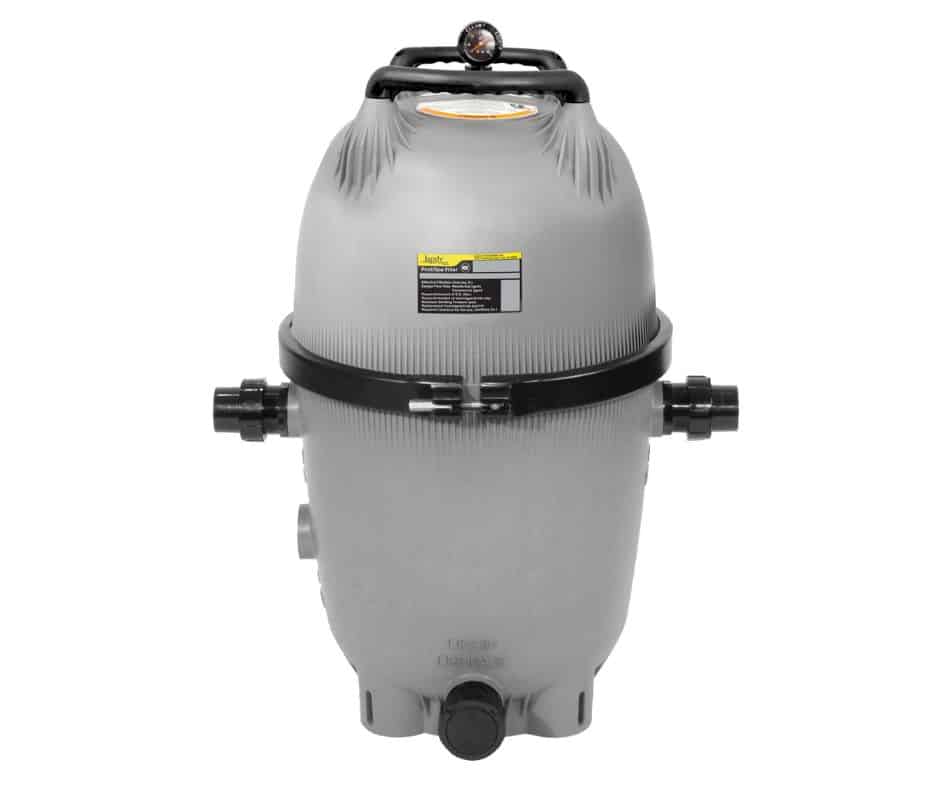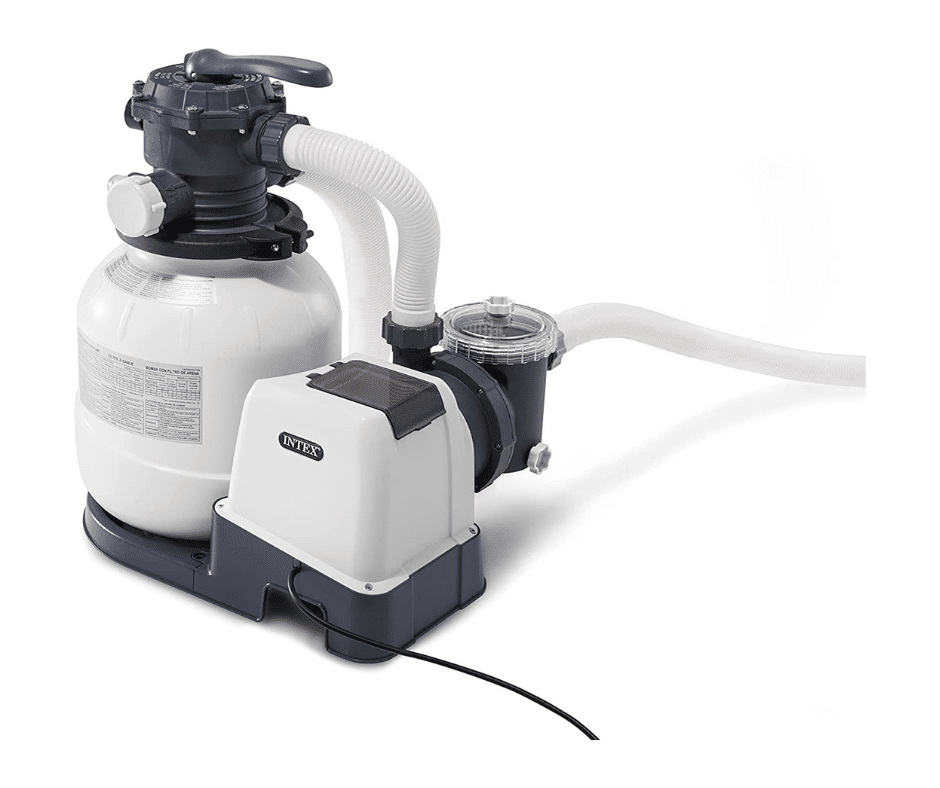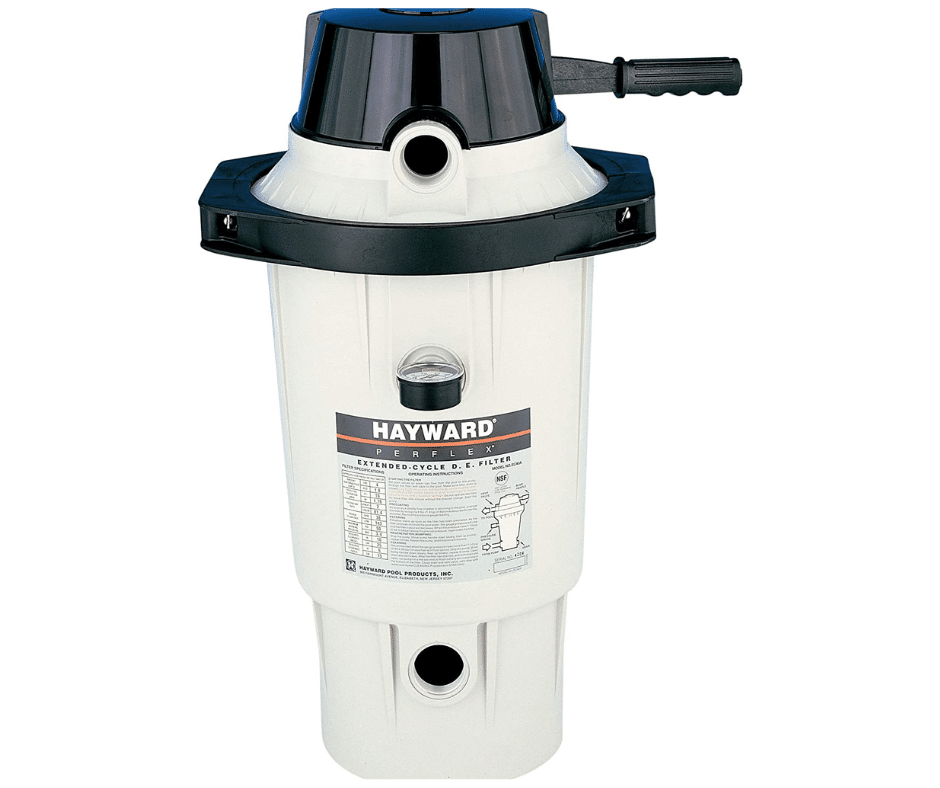What are the different types of pool filters?
There are three types of pool filters – cartridge, sand, and diatomaceous earth (DE). Each type of filter has its own set of pros and cons that you’ll want to consider before making a purchase. A pool filter is an essential component of any swimming pool, as it helps to keep the water clean and clear.
There are a variety of different types of pool filters available on the market, so it is important to choose the right one for your pool.
Cartridge Pool Filter
A cartridge pool filter is a type of pool filter that uses cartridges to capture dirt and debris. Unlike other types of pool filters, a cartridge pool filter does not require backwashing. This makes them more efficient and easier to maintain.
Cartridge pool filters are made up of one or more cylindrical cartridges that are placed inside a housing. Water is pumped into the housing and passes through the cartridges. The dirt and debris are trapped on the surface of the cartridges while the clean water flows back into the pool.
Cartridge pool filters are available in a variety of sizes to accommodate different sized pools. The size of the cartridge will determine how often it needs to be replaced. For example, a small cartridge for a small above-ground pool may only need to be replaced every few weeks, while a large cartridge for an inground pool can last for several months.
To clean a cartridge pool filter, simply remove the cartridges from the housing and rinse them off with a garden hose. It is important to do this regularly to prevent the build-up of debris on the cartridges. When cleaning the cartridges, be sure to inspect them for tears or holes. If any damage is found, replace the cartridge immediately.
Overall, cartridge pool filters are a great option for anyone looking for an easy-to-maintain pool filter system. They are also more cost-effective than other types of filters, since you don’t have to purchase replacement parts as often.

Sand Pool Filter
A sand pool filter is a type of mechanical filtration device that is commonly used in swimming pools and spas. The device uses a bed of sand to remove dirt, debris, and other particulates from the water. Sand filters are typically powered by an electric pump that circulates the water through the sand bed and back into the pool or spa.
There are several advantages to using a sand pool filter over other types of filters, such as cartridge or diatomaceous earth filters. Sand filters are less likely to become clogged than other types of filters, and they require less frequent cleaning. In addition, sand filters can be used with saltwater pools and spas, which can be beneficial for those with skin conditions or allergies.
If you are considering purchasing a sand pool filter, there are a few things to keep in mind. First, make sure that the filter is compatible with your type of pool or spa. Second, consider the size of the filter; a larger filter will be able to handle more debris and dirt than a smaller one. Finally, look for a filter that has been certified by an independent testing laboratory such as NSF International or UL.
Diatomaceous Earth Pool Filter
Diatomaceous earth filters are made of a type of algae known as diatoms. These microscopic algae have hard shells that can trap dirt, debris, and other impurities. When water passes through a diatomaceous earth filter, the impurities are trapped in the filter media while the clean water flows through.
Diatomaceous earth filters are very effective at removing impurities from pool water. In fact, they are so effective that they are often used in commercial and industrial applications where water purity is critical.
Installing a diatomaceous earth filter is relatively simple and can be done by most do-it-yourselfers. The first step is to purchase the correct size filter for your pool. The size of the filter will be determined by the size of your pool and the amount of water that needs to be filtered.
Once you have the correct sized filter, you will need to remove the old filter from your pool system. This can usually be done by unscrewing the housing unit that contains the old filter. Once the old filter has been removed, you can install the new diatomaceous earth filter in its place.
Once the new filter is installed, you will need to backwash it according to manufacturer’s instructions. Backwashing involves running water through the filter in reverse order to flush out any impurities that may have become lodged in the media.
After backwashing, your new diatomaceous earth filter should be ready to use! This type of filter is an excellent choice for anyone looking for an effective way to remove impurities from their pool water.
Get a FREE quote
Looking to build a brand new swimming pool or add a spa or water feature to your existing pool? Check out our fantastic pool designs at premierpoolsandspas.com.





